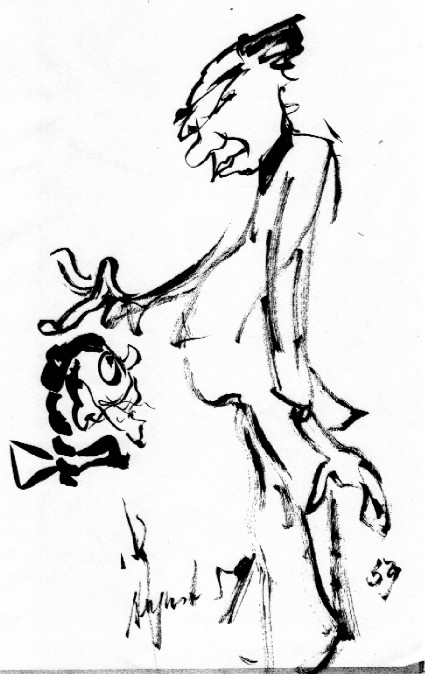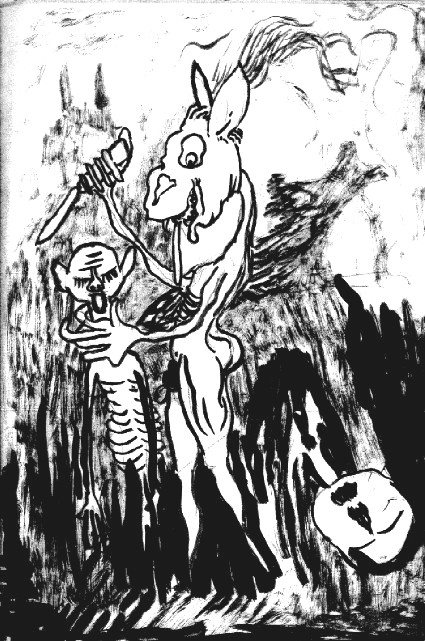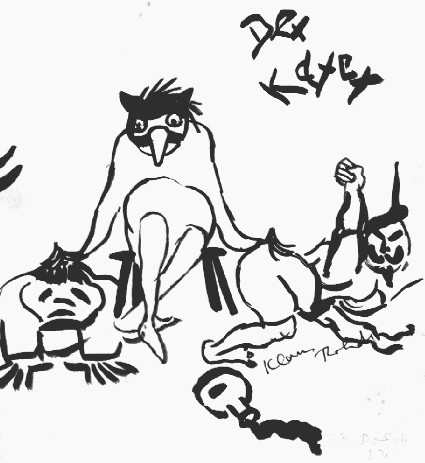Annan: ‘Hypocrisy’ in global response to Darfur (CNN Online March 21, 2008)
(Full article here).
Extracts:
“At a dinner in his honor on Thursday, Annan” (the former Secretary General of the United Nations) “said U.N. member states had placed the duty to protect civilians threatened by genocide or war crimes in the hands of the members of the Security Council.
“It is fair to question whether all of them have yet fully lived up to that responsibility — notably in Darfur,” Annan said.”
…
“As secretary-general, Annan promoted the concept of an international “responsibility to protect” those caught in conflict that was adopted by world leaders at a 2005 summit. He also played a key role in the establishment of the International Criminal Court, the world’s first permanent war crimes tribunal.”
…
“Annan spoke at the Waldorf Astoria Hotel, where he received the first MacArthur Award for International Justice from the John D. and Catherine T. MacArthur Foundation at a dinner attended by 1,200 people.”
…
“Earlier in the day at wide-ranging round-table with journalists, Annan warned that military action against Iran would be “a real disaster” and the whole region could explode if the world community does not handle the many conflicts there carefully.
…
“The Iranian nuclear issue should be resolved through dialogue, he said.”
“We cannot, I’m sure, take on another military action in Iran, and I hope no one is contemplating it. It would be a real disaster,” Annan stressed.
It seems to me that Annan would not have stressed the danger of war against Iran without the belief that military action against Iran is indeed a real possibility. See my previous posts
https://blog.une.edu.au/klausrohde/2008/03/12/an-ominous-sign-admiral-fallon-resigns/
and
https://blog.une.edu.au/klausrohde/2008/01/08/iran-and-the-military-pr-industrial-complex/
Inaccurate translations of what the Iranian president is supposed to have said about Israel, uncritically accepted by some Western politicians and spread by a biassed press, are dangerous tools in preparations for war. See here.



